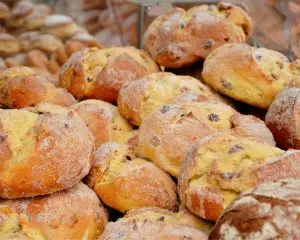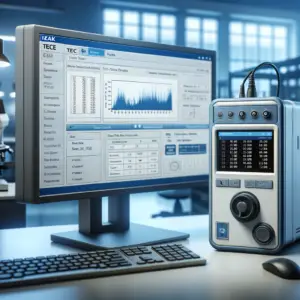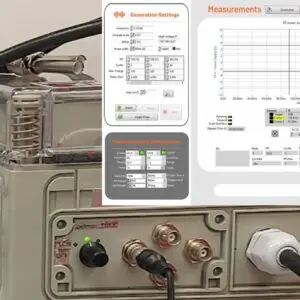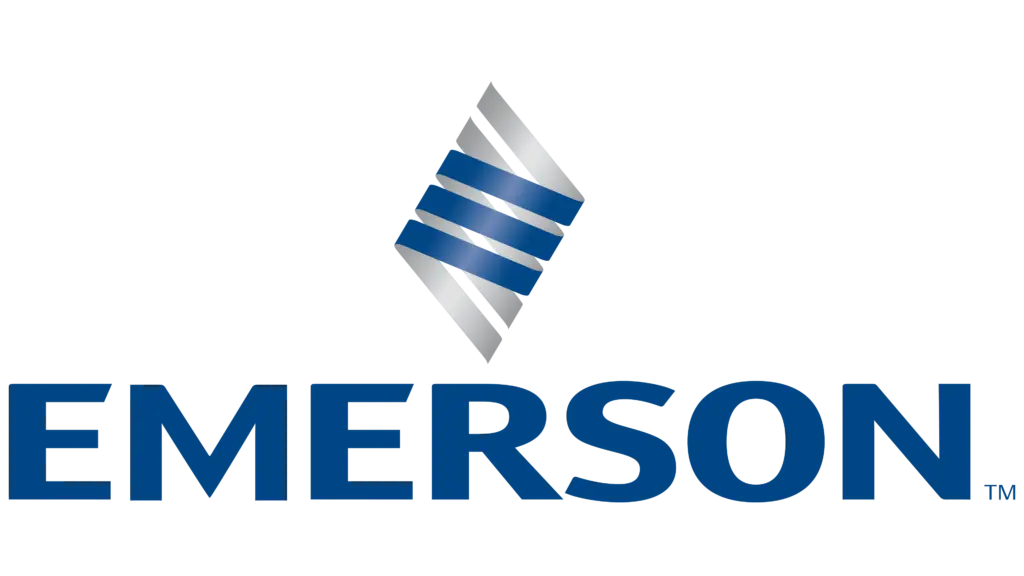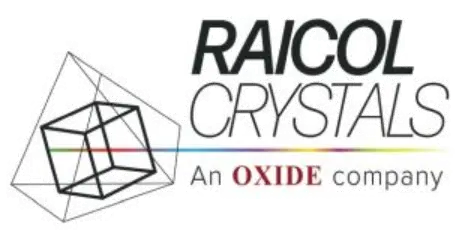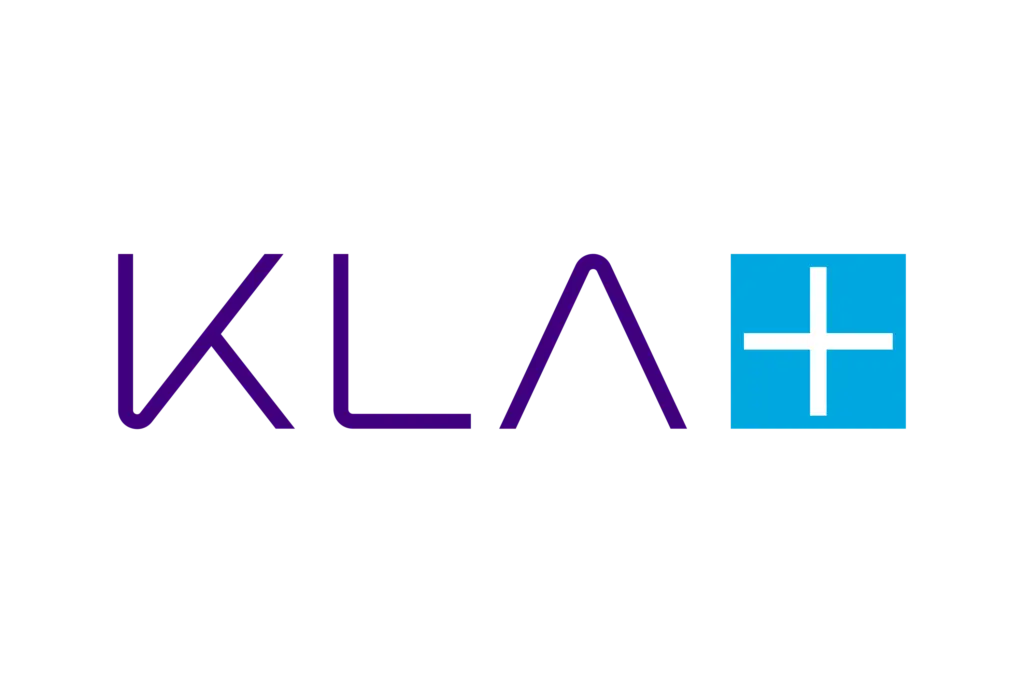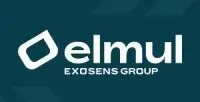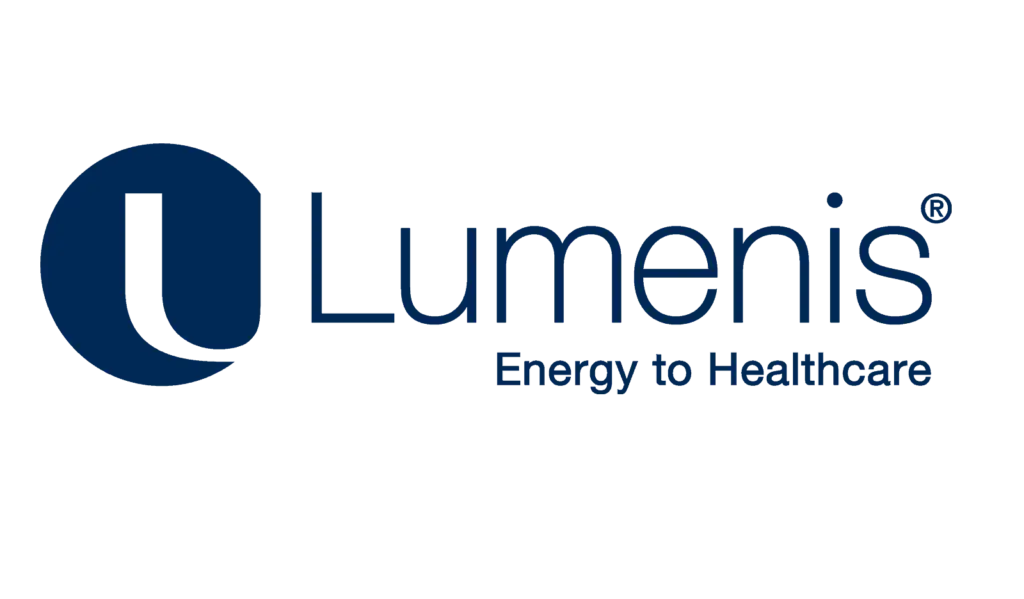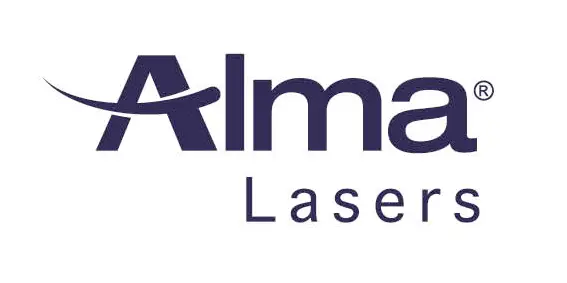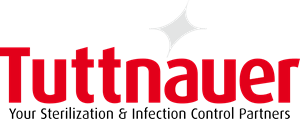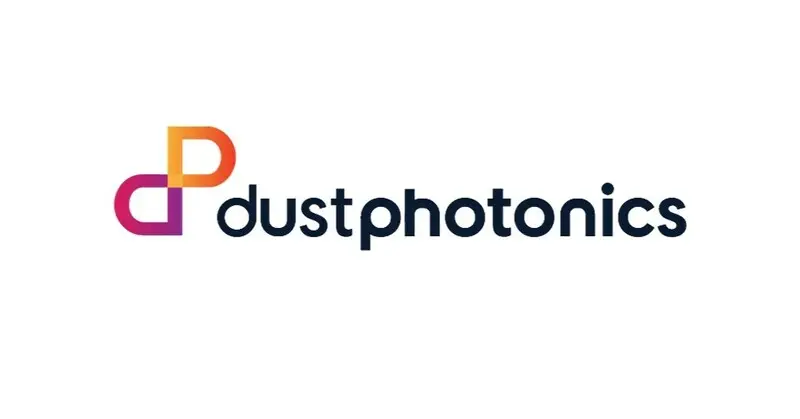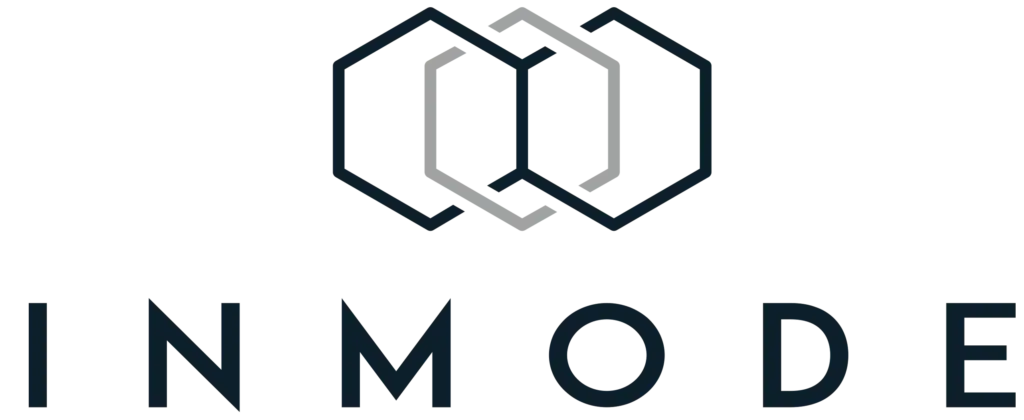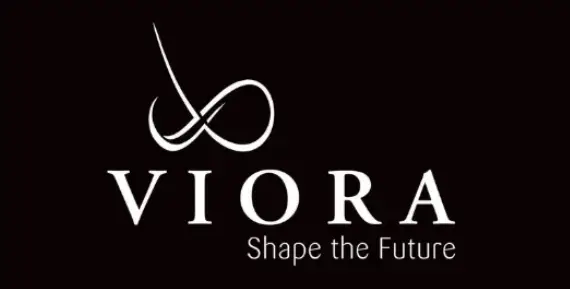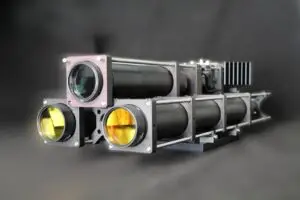Having seen proven studies on the spread of COVID-19 via air and surfaces, it is extremely significant to contain the possibility of infections in the food industries, specifically in the commercial baking units. The most important stages in the baking unit with the probability of contamination include cooling and packaging after the baking process. It’s because of the cooling environment created to cool the baked products within a cooling tower or a chamber.
The most contamination that occurs in a baking unit includes fungal infections, molds, and spores like Aspergillus and Penicillium, which form colonies and contaminate the baked products. These microorganisms seem to affect the MFSL (mold-free shelf-life) parameter to a greater extent, thus decreasing the quality of baked products.
Existing solution
For decades, baking companies relayed upon synthetic preservatives to eliminate infectious microorganisms. After the advent of the organic trend, the use of artificial preservatives has almost ceased.
Other ways to extend the MFSL of a baked product include the use of infrared, ultraviolet light, sourdough systems, vacuum cooling, and cold plasma. However, UV light seems to have huge advantages (no product weight loss or surface modification or residual heat) over the other alternatives. According to the US Food and Drug Administration (FDA) and US Department of Agriculture (USDA), UV light is considered safe in a baking company to sterilize water, air, and surfaces.
The Potency of UVC Light Disinfection
Short wave ultraviolet light with a wavelength in the range of 253-254 nm is found to act against the infectious microbes, inactivating their genetic material. This hinders the reproduction of the microbial matter, thus preventing the mold or spore formation on the surface of the baked products. Since this UV light disinfection method doesn’t involve any thermal or chemical process that may affect the product quality, it serves as one of the best solutions for disinfection in baking industries.
Benefits of UVC in the baking industry
When the UVC disinfection method is applied in a baking unit, the microbial contamination prevailing in air, water, or surfaces are eliminated and helps in:
- Keeping the product fresh
- Extending the shelf-life
- Nullifying the chance of complaints on product quality
- Retaining the color and weight of the product
The germicidal ultraviolet technology has already been proven to be effective, eco-friendly, and economical.
A UVC disinfection system can be integrated with the existing disinfection equipment befitted either in a ventilation cycle, air coolers, or ventilation shafts. By this integration, the microbial contamination can be greatly avoided.
Specific Applications of UVC Light
For water purification in a baking unit, a UVC disinfection system can be installed in commercial washers or liquid sugar storage tanks. Whereas, for air or surface purification, a UVC disinfection system can be installed in commercial baking vacuum coolers, liquid sugar storage tanks, air ducts, storage/fermentation rooms, etc.
Need for a UV Disinfection System
An ideal UV disinfection system for the food or beverage industry shall be compact and highly efficient to fit in an existing setup. Disinfection units like PXL Sanitizer help in proper disinfection with the help of pulsed UV light emission.
Know more about UV Light Sanitizer for commercial baking units. Talk to our experts today!
Tzachi Sabati
CEO, IZAK Scientific
Physicist specializing in photonics and quantum technologies, with deep expertise in quantum sensors and advanced optical systems. Leads the Advanced Quantum Lab course at the Technion, bridging academic excellence with industry innovation. At IZAK Scientific, provides cutting-edge photonics-based solutions, developing customized inspection and sensing systems for R&D and production. Passionate about advancing quantum sensing applications and integrating novel technologies to meet industry needs.

